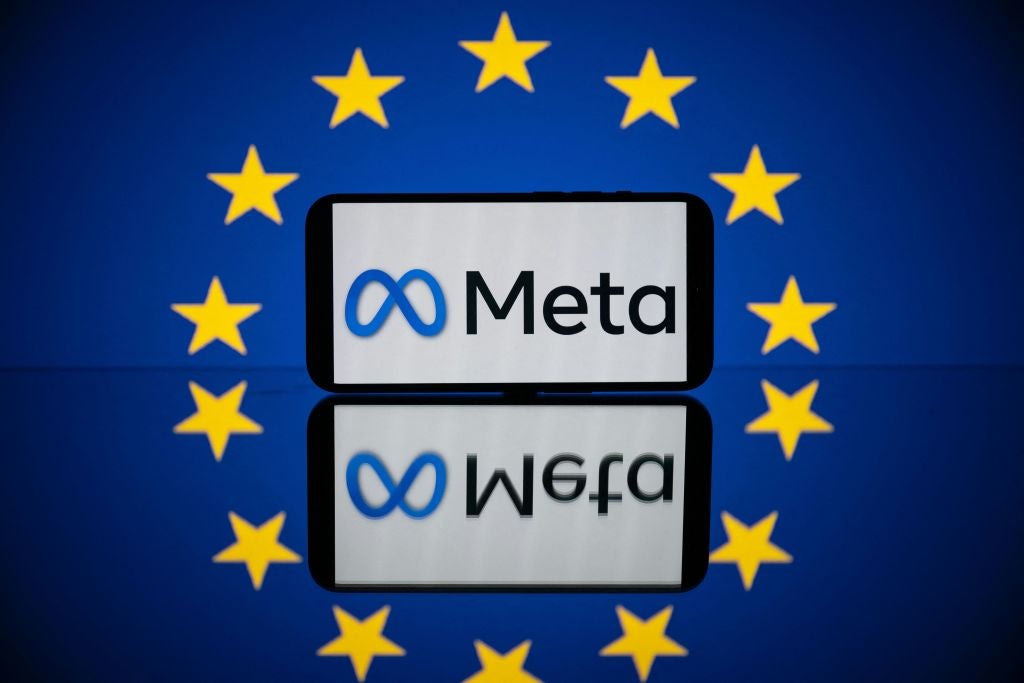
On 22nd May, Europe’s GDPR regulation dealt its toughest blow since its inception five years ago and some experts believe it could have a negative effect on the economy.
Ireland’s Data Protection Commission (DPC) hit Meta with a record $1.3bn fine for transferring data from millions of European Facebook profiles to the US.

Access deeper industry intelligence
Experience unmatched clarity with a single platform that combines unique data, AI, and human expertise.
The fine comes after years of conflict around how personal data is transferred by corporations across the Atlantic. An EU court recently enforced stricter requirements on standard contractual clauses (SCCs), a legal tool also used by thousands of companies to transfer personal data from the EU to the US – including Meta.
The legal contracts, which are issued by the European Commission, contain a myriad of safety points to protect citizens’ data when being transferred outside of Europe.
However, there are fears that the weaker privacy laws in the US mean that spy agencies and other US intelligence agencies could access the data.
Meta has until 12 October to stop using SCCs for their transfers, according to the EU ruler. The Facebook owner slammed the decision as “unjustified and unnecessary”.

US Tariffs are shifting - will you react or anticipate?
Don’t let policy changes catch you off guard. Stay proactive with real-time data and expert analysis.
By GlobalDataExperts are divided on the effectiveness of the recent GDPR fine, with some warning that it could have negative impacts on the tech industry and beyond.
“The record fine slammed on Meta isn’t good news for the social media company, nor the rest of the internet for that matter,” John Choong, enquiry research analyst at comparison site Investing Reviews, told Verdict.
Choong warns the ruling could “open the floodgates to obstruct the free flow of data” and obstruct future “technological progression for the many services we widely use today”.
“Which could subsequently end up restricting the global economy,” Choong added.
Other experts have highlighted the need for the EU and US to embrace innovation with new ways for companies to transfer data overseas.
“We are likely to see more of these sanctions until governments such as the EU and US invest in and embrace innovation across borders to allow more seamless collaboration between companies working with sensitive data,” Robin Röhm, CEO of Apheris, told Verdict.
“Developing better approaches to securely accessing data, without the need to move that data, is the most pressing response to the problem of working across organizational and geographical boundaries,” Röhm added.
“If personal data never leaves its secure environment, it can be easily mapped to different privacy laws, allowing for greater collaboration and greater innovation.”
GlobalData is the parent company of Verdict and its sister publications.







